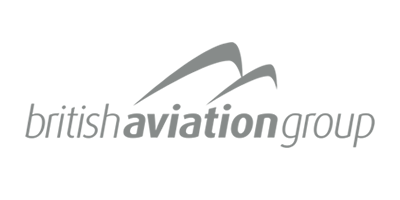Yesterday, the European Parliament voted through regulation on Brexit and aviation safety, to ensure that the European Union continues to recognise aviation safety approvals in the UK for at least an interim period in the event of No Deal.
This regulation (2018/894) was passed by a resounding majority of 603 to 3, reflecting the cross-party understanding that aviation is an industry where safety of passengers and aircraft comes first, and requires certainty about their legal framework.
The next steps are for the European Council, representing the member states’ governments, to vote in favour of the regulation. As the amendments in parliament are believed to reflect the Council’s position, this should be a formality.
This was an extremely fast passage through the European Parliament, as the regulation was only proposed by the Commission on 19 December. The regulation will become law the day after it is published in the Official Journal of the European Union and will come into force the day after the EU treaties cease to apply to the United Kingdom (unless a Withdrawal Agreement is concluded in the meantime).
Consequences for aerospace companies
The effect of this, in the event of a No Deal Brexit, will be that:
- Certificates issued by UK companies, approved by the CAA under authority delegated to them by EASA, will remain valid in perpetuity. Parts which have already been warehoused across Europe or placed on aircraft will remain valid despite a No Deal – which means parts that have been produced by UK companies continue their validity across Europe. (These includes production certificates, maintenance certificates, and airworthiness review certificates.)
- Certificates issued by EASA directly to UK companies will remain valid for an additional 9 months after the UK leaves the EU. Businesses will have that time to apply for and receive CAA certification, as the CAA will be issuing new certification under its own authority from 29 March. (This covers various Type Certificates, Design Organisation Approvals and ETSOs.)
EASA will need to confirm how they will be interpreting this regulation, as differences of interpretation have already been discussed by ADS members. The regulation should provide a safety net, but at this stage we can’t say for certain that we know what all its effects will be. Companies would be well advised to continue efforts to apply directly to EASA for Third Country approvals, as below, to ensure continued recognition under the EU aviation safety regime, and to retain existing CAA or FAA approvals.
EASA Third Country approvals
EASA has opened a special Third Country approvals system for UK companies to apply directly to EASA for approvals, principally production and maintenance, which will be needed for the continued and new release of parts, maintenance etc after the UK leaves the EU. This is currently at a reduced cost for UK companies, but may revert to the full costs after Brexit.
Please view the article on the ADS website: https://www.adsgroup.org.uk/blog/eu-aviation-safety-regulation-for-a-no-deal-brexit/





